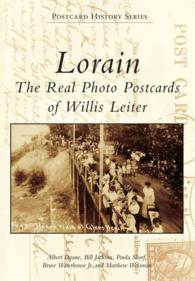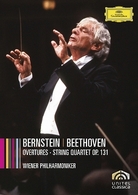- ホーム
- > 洋書
- > 英文書
- > Psychology
Full Description
At the heart of creativity is the practice of bringing something new into existence, whether it be a material object or abstract idea, thereby making history and enriching the creative tradition.
A Cognitive Historical Approach to Creativity explores the idea that creativity is both a cognitive phenomenon and a historical process. Blending insights and theories of cognitive science with the skills, mentality and investigative tools of the historian, this book considers diverse issues including: the role of the unconscious in creativity, the creative process, creating history with a new object or idea, and the relationship between creators and consumers. Drawing on a plethora of real-life examples from the eighteenth century through to the present day, and from distinct fields including the arts, literature, science and engineering, Subrata Dasgupta emphasizes historicity as a fundamental feature of creativity.
Providing a unified, integrative, interdisciplinary treatment of cognitive history and its application to understanding and explaining creativity in its multiple domains, A Cognitive Historical Approach to Creativity is essential reading for all researchers of creativity.
Contents
Prologue
Dramatis Personae
1. The Cognitive-Historical Space
2. Artifacts : The Very 'Stuff' of Creativity
3. Artificers and Consumers
4. A Cognitive Pas de Deux
5. Knowledge Schemas in Creative Thought
6. The Prepared Mind
7. Dilemma of the Unconscious
8. Preparing for Illumination
9. The Creative Act of Production
10. Inventing Cognitive Style
11. The Psychohistorian's Contribution
12. The Making of Creative Movements
Epilogue
Bibliography








